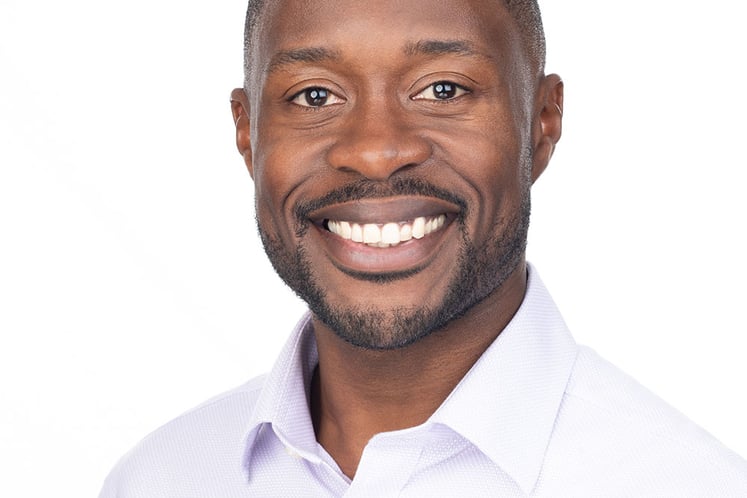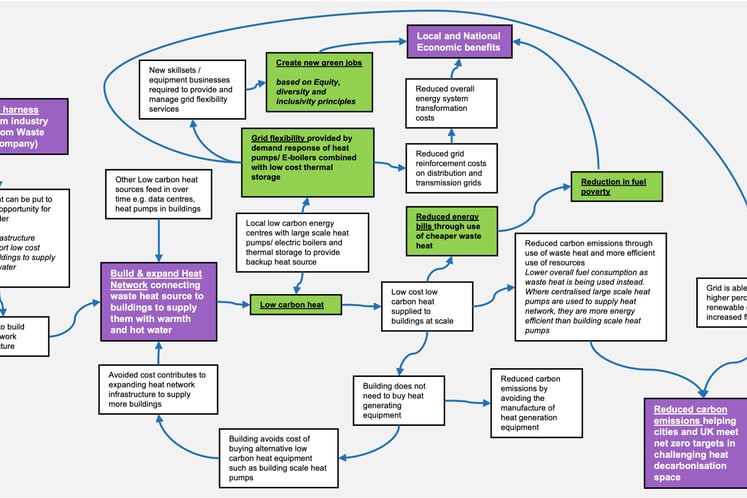
Partnerships are needed at all levels if we want to create transformational change.
Head of Partnerships Noah Nkonge reflects on a strong message of partnerships and collaboration coming out of COP 26.
Throughout my experience at COP26, a strong message of partnerships and collaboration was very clear in the events I attended and it is a central part of the work that I do.
The problems we need to address to tackle climate change are interrelated and span energy, resource use, agriculture and social justice. Furthermore, to have any chance of meeting the 1.5degC target, urgent action is needed across all sectors of society simultaneously.
Addressing the climate emergency therefore is about building or repairing relationships: relationships between our economy and the environment, relationships between those most affected by climate change and those who have the resources to address it, relationships between different industries, organisations, communities and government.
Partnerships are needed at all levels if we want to create transformational change.

Partnerships are needed at all levels if we want to create transformational change.
Partnerships and collaboration means understanding the needs and motivations of the communities you serve and the organisations you partner with.
You need to be credible and come up with creative solutions to mutual problems that work for both parties. It depends on creating trust and placing yourself within the mindset and crucially the (organisational) culture of the person, group or business you want to partner with. I have found that this is simple but not easy – it takes time and ongoing attention.
My work in partnerships currently focuses on making use of waste heat from other industries to provide warmth and hot water to homes and businesses in cities via heat networks. Vattenfall has an industry-leading collaboration with Viridor, a leading recycling, resource and waste management company to harness their waste heat.
The systems diagram below shows how waste heat partnerships are crucial in transformation of local energy systems that also result in national impact.

Heat networks are fundamental delivering the UK’s net zero ambition when it comes to heating our homes and workplaces – the Committee on Climate Change has estimated that heat networks will make up ~20% of the heating demand in the UK in 2050. Heat networks also have a key role in helping create a smart, flexible electricity network that can accommodate the increased renewable energy generation through the services to the grid from thermal storage.
Vattenfall is taking a leading role in the energy industry with one guiding goal: to be fossil free in a generation.
This has resulted in significant partnerships to develop the world’s first fossil free steel (HYBRIT – a collaboration between SSAB, LKAB and Vattenfall) and to develop sustainable aviation fuel (the synthetic sustainable aviation fuel is intended to be produced from fossil free electricity and recycled carbon dioxide from district heating).
While technological approaches to decarbonisation might be more visible, building relationships and engaging different stakeholders are equally as important.
We need to act now in partnership across all sectors of society including consumers/citizens, businesses, government, third sector and educational establishments as we can no longer afford to think in silos, separate from the world around us.